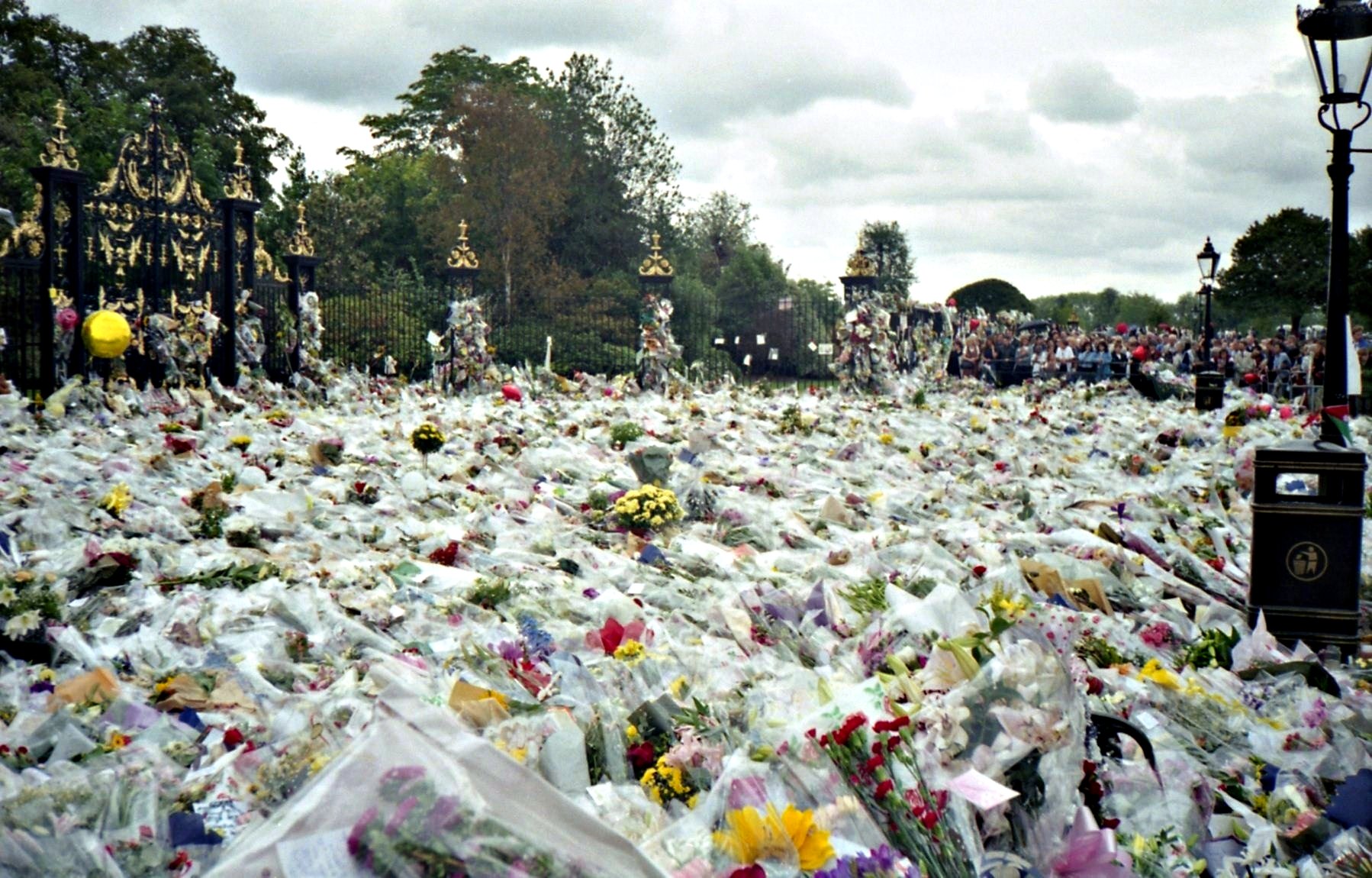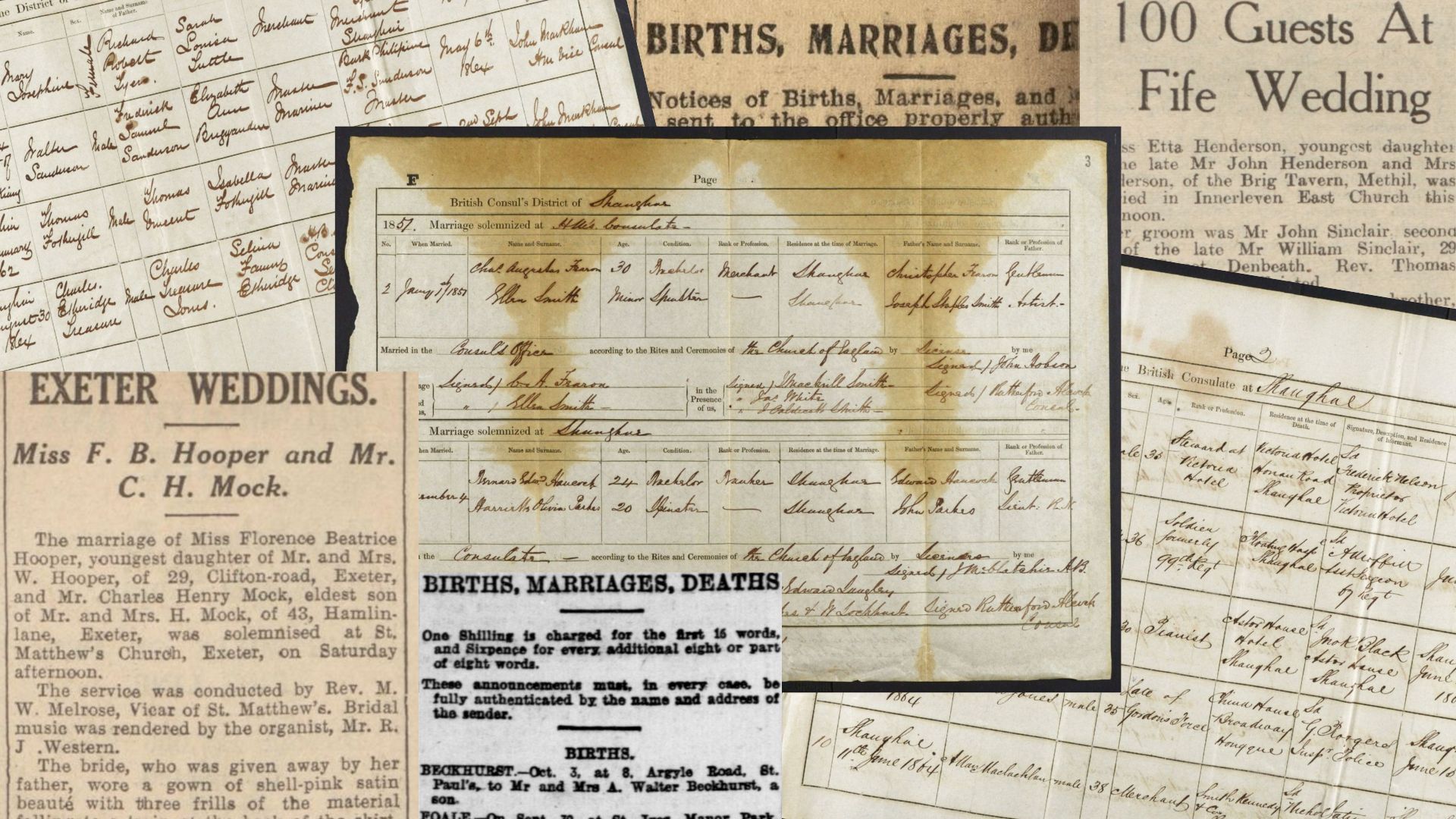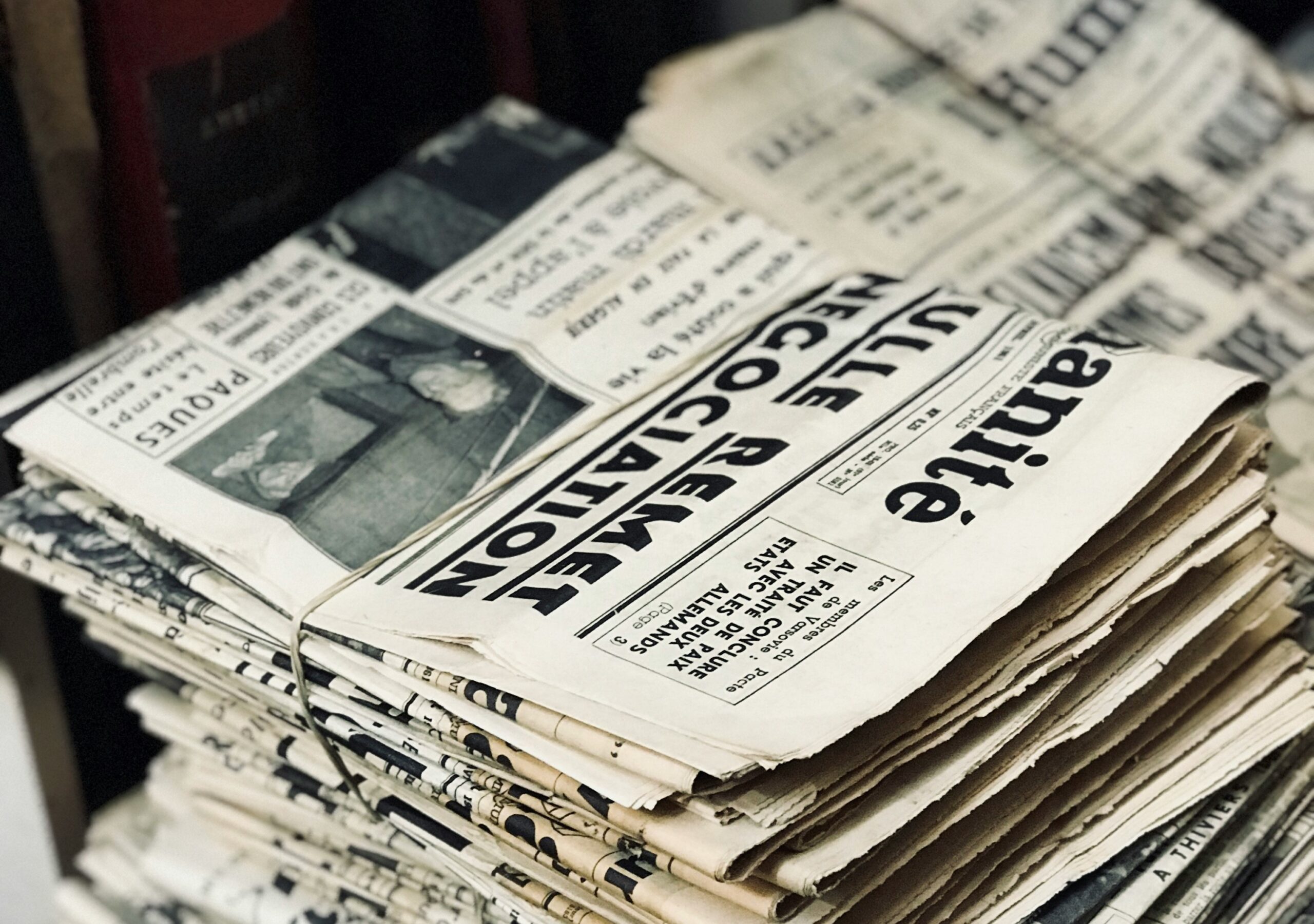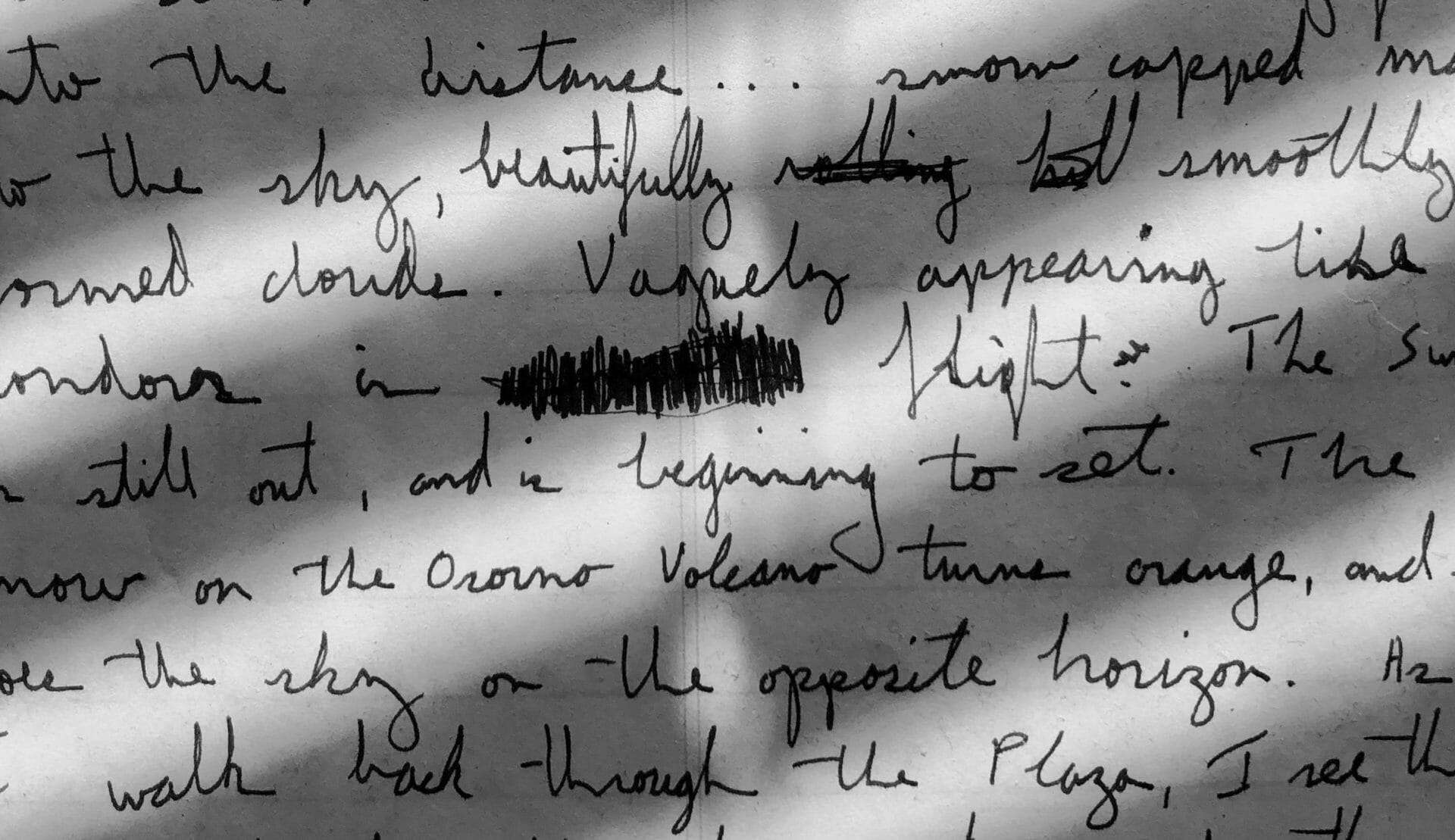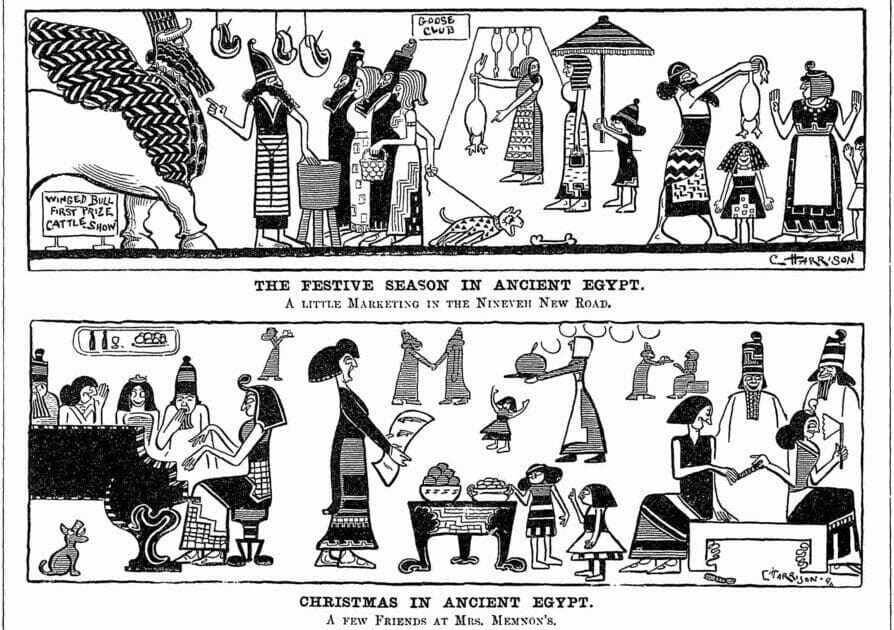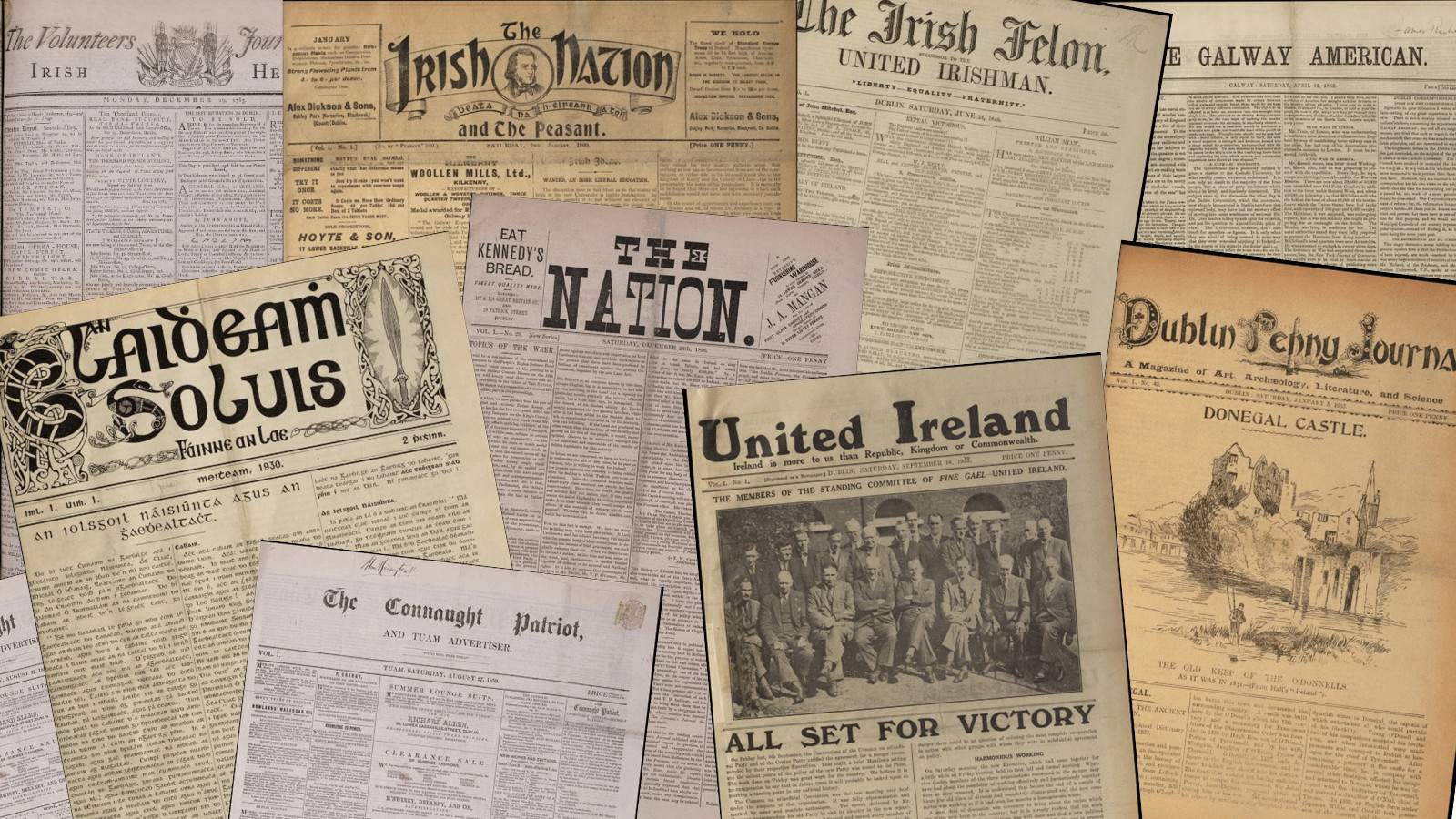|By Liping Yang, Senior Manager, Academic Publishing, Gale Asia|
On the morning of August 9, 1965, a visibly shaken Lee Kuan Yew, prime minister of Singapore, stood before journalists and television cameras. His voice trembled and his eyes welled with tears when he talked about the moment when the agreement “which severed Singapore from Malaysia” was signed. For him, it was “a moment of anguish.” His words marked the beginning of a new chapter for Singapore—a moment that would redefine two nations.
Sixty years on, the emotional weight of that day still echoes through the region’s political and cultural memory. But what did ordinary people know at the time? How did newspapers report the unfolding crisis, and what voices emerged in the public sphere?


